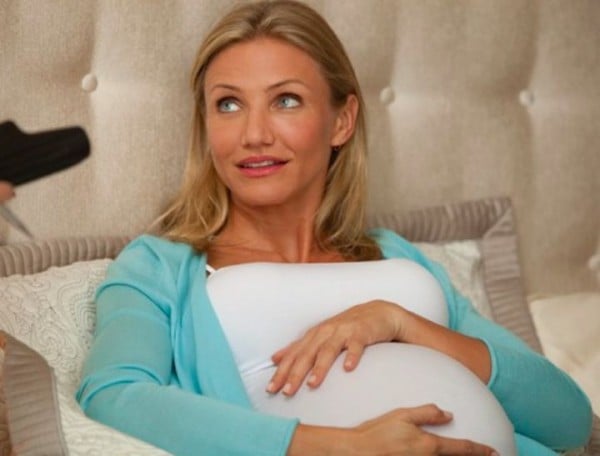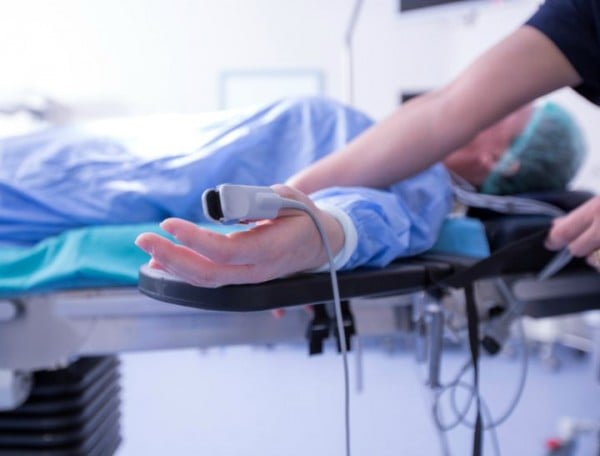
Bladder myths, busted.
At first, I didn’t want to admit it. This kind of thing doesn’t happen to a 33-year-old woman, does it? Surely I’m allowed to have children without such a consequence?
But when I confided in a good friend, she wasn’t just understanding – she was grateful I had told her. After having three children, she admitted to me she could no longer sneeze without it being a “problem down there”.
The problem? LBL – or light bladder leakage.
I remember thinking to myself that only older women wore incontinence pads. And who wants to talk about that anyway? Well, apparently lots of us do. And it was naïve for me to think that it only happens to older people, because almost half the people who suffer from bladder leakage are under 40.
But to fully accept it, I firstly needed to understand exactly what causes light bladder leakage.
And it turns out that it can happen to all kinds of women, and for all kinds of reasons. While it can occur at any stage of life, it’s most common during the following life stages:
1. Pregnancy.
Pressure on the bladder can weaken the pelvic floor muscles. When you think about it, at the end of gestation, there is at least an extra 3-5kg resting on your bladder. Our muscles can’t help but weaken.


